METAL JOINTS
They all have a common characteristic; they are put together as solid metal. From here, we have a wide possibility of different types of joints according to the section it is distinguished by: flat, corrugated, serrated, lenticular, toric. Their fundamental applications are heat exchangers, reactors, valve covers, hydraulic presses and other pressure equipment that withstands extreme conditions since the solid metal joints have very good mechanical characteristics and thermal conductivity. They have a great resistance to temperature, corrosion and pressure according to their selected materials.
It must be taken into account that this joint type will be used in closures where comprehensibility qualities are required, since the sealing is produced through the use of brute force on the joint's surface. Consequently, the metal of the joint must have an interior hardness to that of the seat. These joints are manufactured with the most diverse materials. Carbon Steel, AISIS 304, AISI 304L, AISI 316, AISI 321, AISI 502, Alloy400, Titanium and a long etcetera. In the same way, although its manufacture in one piece is limited to the measure of the metal sheet's commercial width, there is no limitation of the dimensions using welding, which is carried out through the procedures approved by specialized external companies; available request of our clients.
Spirometalic
The spiral metal joint is composed of previously formed alternating metal strips and is continuous in the form of a "V" and a non-metallic filler material that shapes and spirals it under constant pressure. Interior and exterior are reinforced by no less than 3 layers of unfilled metal and welded by a few points electrically to provide greater joint stability. This board's design, gives the same optimum characteristics to provide a perfect seal in any condition because the flexibility of its profile makes that which is under compression act as a spring, thus achieving an effective and non-corrosive closure. In addition, this type of gasket provides a self-adaptable seal, so that its performance does not vary even in cases in which the surfaces of the faces are slightly worn or deformed. These joints' applications are innumerable as they are suitable for high pressures, cryogenic temperatures and temperatures of up to 1,000 C (1832 F) as well as depending on the selected materials, usable against corrosive and toxic fluids. For all these reasons, it can be said that they have a universal industrial application, highlighting: the oil, chemical, nuclear, naval and aeronautical industries.
These joints are manufactured under a standard or a specific design and with a wide range of dimensions, shapes and thicknesses. The most common combination is formed by the AISI 316 with graphite filling in thicknesses of 3.2 and 4.45 mm.

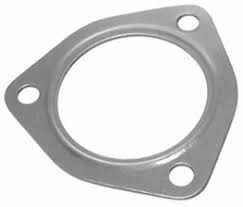
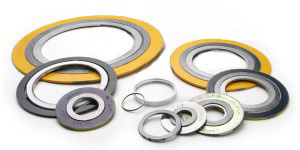
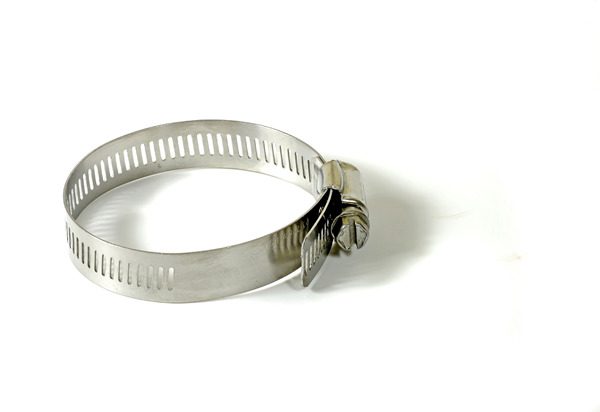
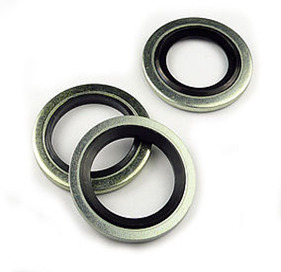
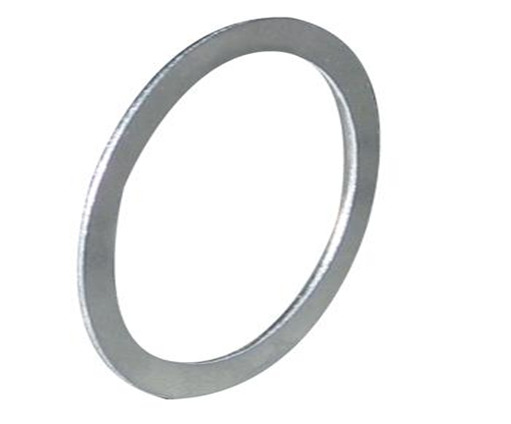
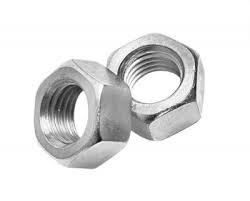
Reviews
There are no reviews yet.